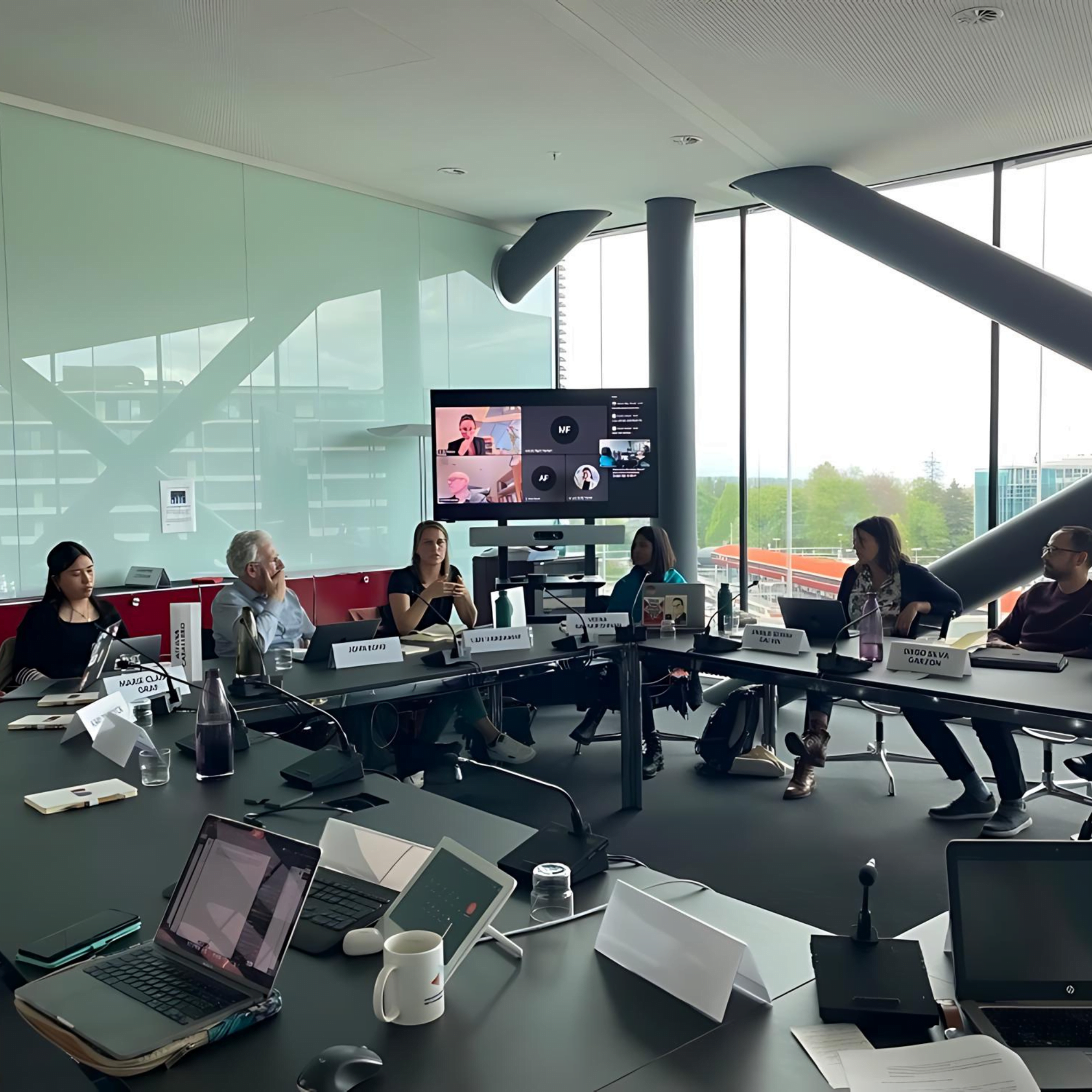The challenges posed by climate change and the erosion of democracy are closely connected. Climate change threatens not only the environment but also the stability and prosperity of nations, exacerbating social and political tensions that can undermine democratic institutions.
Conversely, transparent, inclusive, and accountable governance will be indispensable to reaching and implementing multilateral accords in the field of climate change.
The Kofi Annan Foundation and the Graduate Institute’s Albert Hirschman Centre on Democracy convened an expert roundtable on April 16, 2024, to explore how democratic practices can enhance multilateral climate action. The event brought together experts from international organizations, youth-based climate movements, and academia to discuss effective strategies for integrating democracy into climate governance.
This roundtable marks the first in a series of discussions on the intersection of multilateralism and democracy, aiming to address global challenges through democratic, ethical, and inclusive leadership.
Key Takeaways for Democratic Climate Action
The outcome document from the roundtable on “Democracy and Climate Action” revealed several compelling themes and actionable recommendations:
1. Embracing a Comprehensive Just Transition
First, the concept of “just transition” should encompass various dimensions of justice, such as distributive, intergenerational, and restorative justice. This holistic approach ensures that marginalized communities are prioritized in climate policies.
Moreover, localizing global knowledge is vital. By connecting global expertise with local knowledge, policies can be implemented more effectively. For instance, Niger’s success in doubling tree cover through simple, locally initiated measures highlights the power of localized knowledge. Similarly, the U.S. Inflation Reduction Act’s mandate that 40% of environmental benefits reach marginalized communities underscores the importance of inclusive policy design.
2. The Power of Deliberative Democracy
Additionally, citizen participation is crucial for accurately assessing the climate crisis and developing inclusive solutions. Research indicates that public opinion on climate policies is shaped by individual environmental concerns, perceived policy effectiveness, and fairness. The first global citizens’ assembly on climate at COP26 exemplifies how deliberative democracy can harness diverse voices and ideas to drive climate action.
3. Democratizing Multilateral Spaces
Furthermore, civil society engagement is essential for democratizing multilateral processes. Success stories from Ghana and Uganda demonstrate how national societies can leverage various mechanisms to influence climate negotiations. However, the consensus-based decision-making process at COPs needs reevaluation to prevent disproportionate power wielded by a few parties. Enhancing capacity building and ensuring stable leadership are critical for effective multilateral climate action.
4. Amplifying Youth Voices
Importantly, youth engagement is key to fostering innovative and sustainable climate policies. Organizations like the Youth Climate Movement and the Youth Climate Negotiators Academy emphasize the necessity of including young people in decision-making processes. Their energy and fresh perspectives are indispensable for tackling climate change effectively.
The Path Forward
The roundtable on “Democracy and Climate Action” highlights the importance of integrating democratic practices into multilateral climate action. By fostering youth engagement, promoting international cooperation, and bridging the gap between academia and practice, we can develop effective and inclusive climate policies. Moving forward, it is crucial to continue these dialogues and collaborations. This will ensure our approach to climate action is both democratic and effective.
For more detailed insights, download and read the full report and issue brief of the Multilateralism and Democracy Roundtable on Climate Action.


